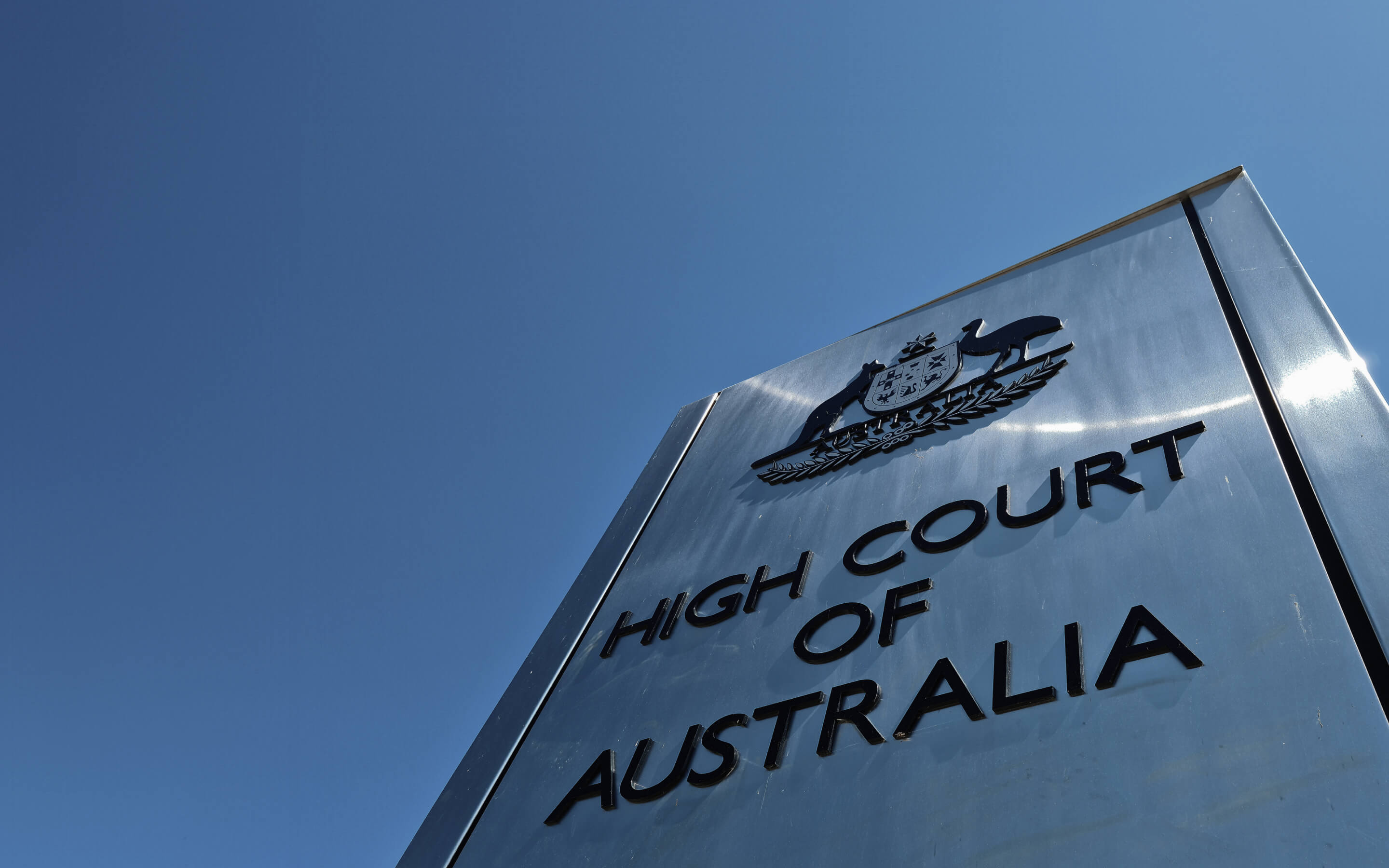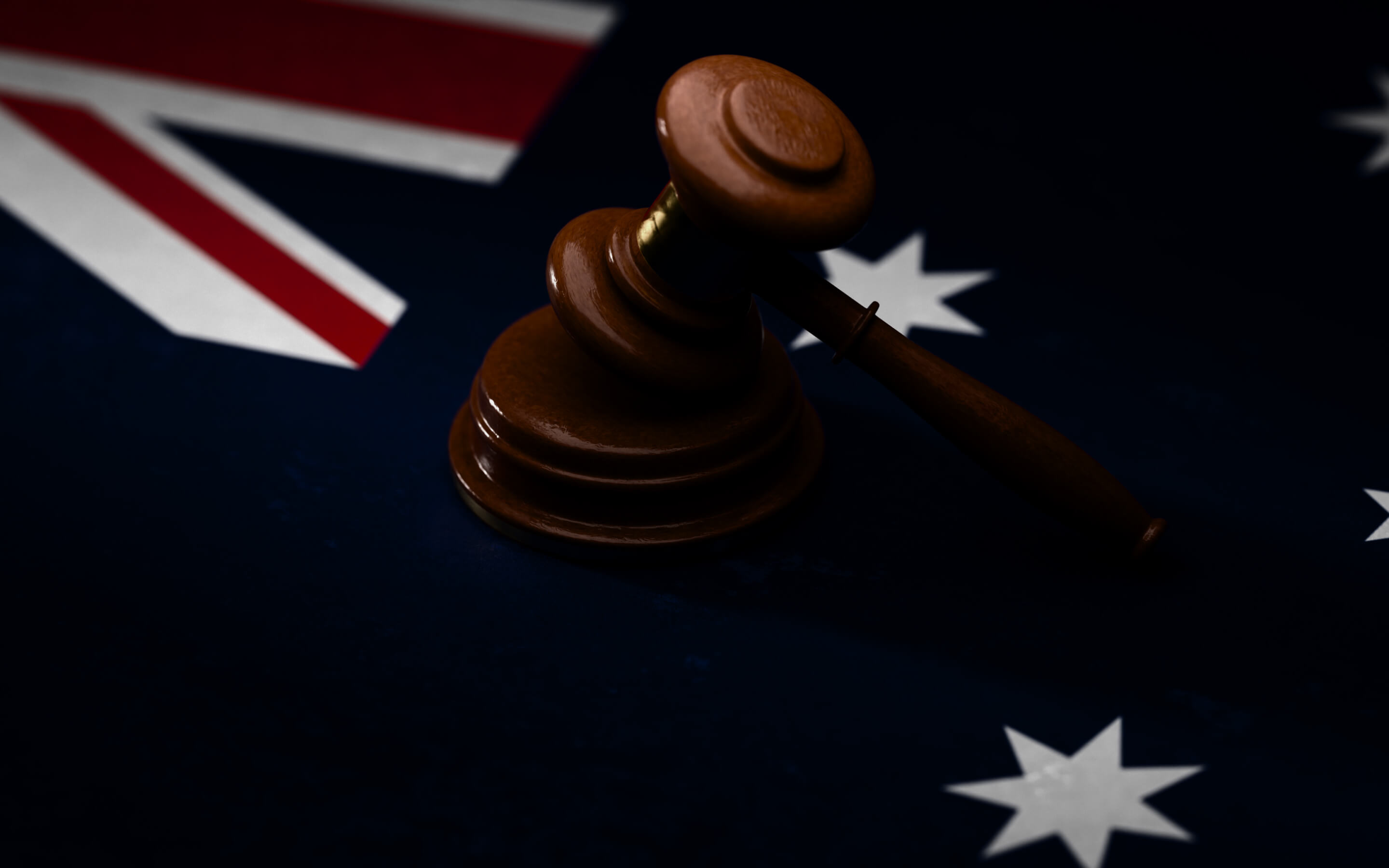our case is for all Australians
The Online Safety Act 2021 is introducing a national rule that under 16s must not hold accounts on “age restricted social media platforms.” This a blatant attack on the rights of young Australians and we can’t accept it.

Why we say it’s unconstitutional
The High Court has long held that our Australian Constitution implies a freedom to communicate on political and government matters.
In this case, the government’s purpose - protecting children from demonstrable online harms - is legitimate and serious. But a measure is only constitutional if, in substance, it burdens political communication no more than reasonably necessary to achieve that purpose.

Instead, the SMMA blocks a whole class of Australians - all young people, each and every one of them, no matter their circumstance’s - from the very online spaces where news is consumed, representatives are contacted, campaigns are organised and public debate occurs. That effective exclusion places a heavy burden on political communication and fails proportionality because less restrictive and workable alternatives exist (parental consent pathways for 14-15 year olds, platform duty of care and safe design settings, targeted moderation/takedown, age appropriate feature gating rather than bans, digital literacy programs, and privacy preserving age assurance). These measures are feasible at scale and already reflected in overseas practice.


Bad real world impacts
Evidence on the record shows teens (including 13-15 year olds) overwhelmingly use social platforms, and many get their news there. The burden fall on all children, but falls hardest on cohorts who rely on online participation—young people with disability, First Nations children, rural and remote youth and LGBTIQ+ teens - who face heightened risks of isolation if cut off. For many, these networks are lifelines; removing accounts risks isolation and worsens inequality of access to public debate. Many stakeholders have warned that bans drive circumvention (fake ages, VPNs), pushing teens into less safe corners of the internet and in fact reducing oversight and increasing harm.

What the Digital Freedom Project is asking the Court to do
A declaration that the SMMA is invalid to the extent it burdens political communication by under 16s; or alternatively
Reading down/severance so platforms can’t enforce it in ways that silence political speech; plus
Urgent, tailored interlocutory relief restraining enforcement that would hinder political communication pending judgment; and
A prompt “special case” to the Full Court. Section 78B notices and draft special case materials are prepared.
Why Australian young people need to win this case
Every generation learns democracy by doing it.
Today, the “town square” where young Australians first read the news, question leaders, organise petitions and speak to one another is online. Closing the gates to that square until age 16 would not make civic life safer - it would make it smaller, and it would exclude the very people who are learning how to be citizens.
Bad real world impacts
Evidence already before Parliament shows teens rely on these platforms for information and association; cutting them off would fall hardest on young people with disability, First Nations youth, rural and remote kids and LGBTIQ+ teens - those who already face the longest road to participation.
Protecting children is a legitimate public aim. But a blanket account ban is a stupid, unconstitutional, blunt tool. It disregards hundreds of years of the right of freedom of speech for everyone – not just adults. It completely disregards the rights of children.
The Commonwealth’s own materials and eSafety’s guidance show proportionate, privacy respecting approaches are available now: parental consent pathways for older teens, safer default designs, targeted moderation and rapid reporting, age appropriate feature gating, digital literacy, and layered age assurance that does not force government ID. These tools reduce harm without teaching a generation that public conversation is a place they enter only by permission of free-speech tsars like the eSafety Commissioner.

A healthy civic culture depends on shared rituals. Chief among them is speaking and listening together. When the public square moves online, our constitutional freedom to communicate must travel with it, both for adults and for the young Australians who are already part of our political conversation. This case asks the Court to keep the square open, and to require the Commonwealth to pursue safety in ways that protect kids and their place in our democracy.


How you can support digital freedom
We need your help to fight for the rights of Australians online.
Join the Project
Show your support by becoming a member of the Digital Freedom Project for FREE today.
Stay up to date
You can stay up to date with our campaign to ensure that the government respects the rights of all Australians online.
DOnate
We need your help to fund our efforts to ensure that the government respects our rights online.
If you can afford it, we would really appreciate your financial support.


.svg)

.svg)
.svg)